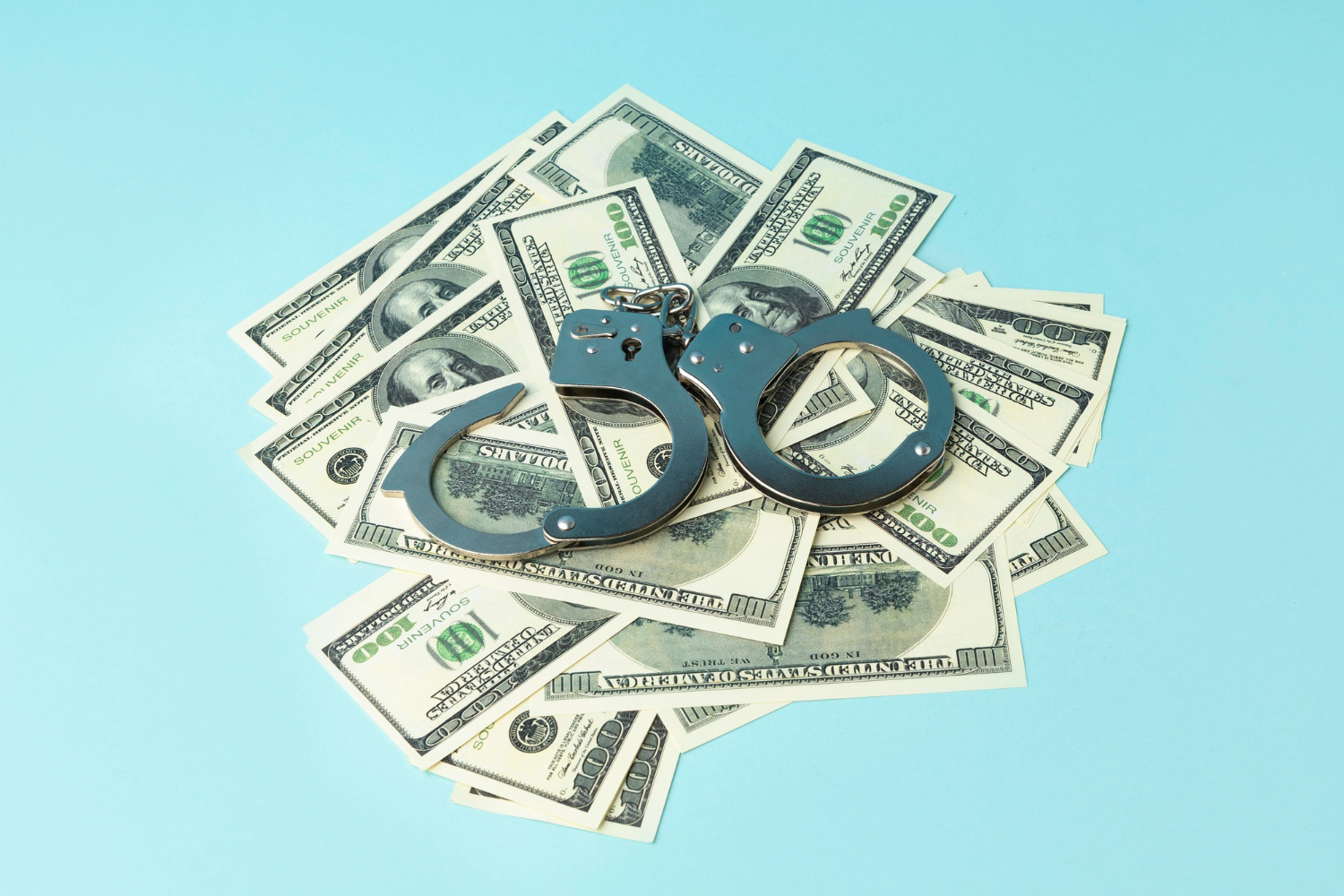
VAT Fraud: Understanding and Avoiding the UK's VAT Evasion Pitfalls
VAT fraud is a serious offence in the UK, involving the deliberate evasion of Value Added Tax (VAT). This type of fraud can take many forms, from falsifying VAT returns to creating complex schemes designed to exploit the VAT system. Understanding the different types of VAT fraud and their legal consequences is crucial for businesses and individuals to stay compliant and avoid severe penalties.
Common Types of VAT Fraud in the UK
Carousel Fraud (Missing Trader Intra-Community Fraud)
Carousel fraud involves creating a series of transactions between multiple companies to evade VAT. Key characteristics include:- Importing goods VAT-free from other EU countries, selling them with VAT added, and then disappearing without paying the VAT to HMRC.
- Creating a ‘carousel’ of transactions where goods are repeatedly imported and exported to exploit VAT refunds.
- Significant financial losses to the government and severe penalties for those involved.
False Invoicing
False invoicing occurs when businesses issue fake invoices to claim VAT refunds or reduce their VAT liability. This involves:- Creating fictitious transactions or inflating the value of goods and services.
- Claiming input tax credits on non-existent or exaggerated expenses.
- Facing criminal prosecution, fines, and imprisonment if caught.
Suppression of Sales
Suppressing sales involves underreporting income to reduce VAT liability. This is often done by:- Not issuing invoices or receipts for cash transactions.
- Using accounting software to alter or delete sales records.
- Risking penalties, interest on unpaid VAT, and possible criminal charges.
VAT Evasion Schemes
Complex schemes are designed to evade VAT through manipulation of the tax system. These may include:- Setting up shell companies to disguise the true nature of transactions.
- Misclassifying goods or services to apply a lower VAT rate or zero-rating.
- Engaging in cross-border transactions to exploit differences in VAT rates.
Failure to Register for VAT
Businesses that exceed the VAT threshold but fail to register can be accused of VAT fraud. This involves:- Deliberately avoiding VAT registration to evade charging and paying VAT.
- Conducting business under the radar to avoid detection by HMRC.
- Facing backdated VAT assessments, penalties, and legal action.
Legal Consequences of VAT Fraud
VAT fraud is a criminal offence and carries severe legal consequences, including:
- Financial Penalties: HMRC can impose significant penalties for VAT fraud, ranging from a percentage of the underpaid VAT to substantial fines.
- Interest and Repayment: Businesses must repay the evaded VAT along with interest charges from the date the tax was due.
- Criminal Prosecution: In serious cases, individuals involved in VAT fraud can face criminal prosecution, resulting in imprisonment, hefty fines, and a criminal record.
- Reputational Damage: Being found guilty of VAT fraud can lead to public naming by HMRC, damaging the business’s reputation and trustworthiness.
Defending Against VAT Fraud Allegations
If accused of VAT fraud, it’s essential to take the following steps:
- Seek Legal Advice: Consult with a tax advisor or legal professional specializing in VAT to assess your situation and build a defense.
- Provide Evidence: Gather all relevant documentation and evidence to support your case, such as invoices, receipts, and accounting records.
- Cooperate with HMRC: Engage with HMRC investigators professionally, providing requested information and cooperating with their inquiries.
- Appeal Decisions: If you believe the allegations are unfounded, you can appeal against HMRC’s decision through an internal review or an independent tribunal.
Preventing VAT Fraud
To avoid falling foul of VAT regulations, businesses should:
- Maintain Accurate Records: Keep detailed and accurate records of all transactions, including invoices, receipts, and VAT returns.
- Implement Strong Internal Controls: Establish robust accounting and auditing procedures to detect and prevent fraudulent activities.
- Stay Informed: Keep up-to-date with VAT regulations and compliance requirements to ensure your business operates within the law.
- Seek Professional Advice: Regularly consult with tax professionals to ensure correct VAT practices and compliance.
Conclusion
VAT fraud is a significant offence with serious legal and financial consequences. Understanding the various types of VAT fraud and implementing measures to prevent it is essential for businesses operating in the UK. If accused of VAT fraud, seeking professional advice and cooperating with HMRC is crucial to navigate the legal process and protect your business.
Or
Schedule a Consultation
Schedule a Time
Choose a convenient time from our available slots. Easy online booking, no hassle. Get the legal help you need.
Meet a Consultant
Ready to take the next step? consultation with our experts. Get personalized guidance and solutions.
Plan with Success
Chart your path to success. Expert guidance, tailored strategies. Achieve your goals. Let's plan together.




